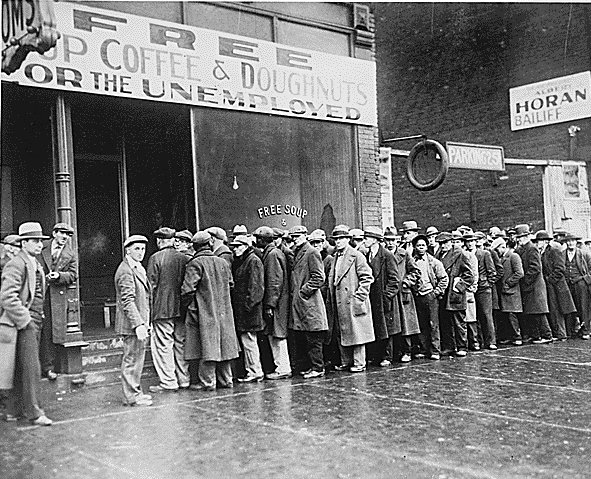It's no secret that the recession we experienced had an impact on poverty levels. However, due to current methods of getting these measures, it is hard to be clear exactly how it was impacted.
Nancy Folbre of the N.Y. Times explains that the method currently used for official measures does not include certain programs and therefore understates the positive effects of them.
By the traditional non-experimental measure, poverty jumped to 14.3 percent in 2009 from 13.2 percent in 2008. This measure, however, does not include the value of in-kind benefits, such as food stamps (under the Supplemental Nutrition Assistance Program), tax benefits such as the Earned Income Tax Credit, and some other government programs that received a special boost from the federal stimulus put into effect in 2009.
Fortunately, this suggests that poverty levels were impacted as much as it seemed from the recession.
Most of these measures indicate little if any change between 2008 and 2009, indicating that public antipoverty programs did their job pretty well.
She explains that the unofficial, experimental measures take many more factors into effect and are therefore more accurate. In any case, it is clear that poverty is still on the rise. More and more families are sinking into poverty and unemployment is still high. That is why it is important to support anti-poverty programs and volunteer. Hopefully in the near future poverty levels will begin to fall and our country can ultimately heal.

No comments:
Post a Comment